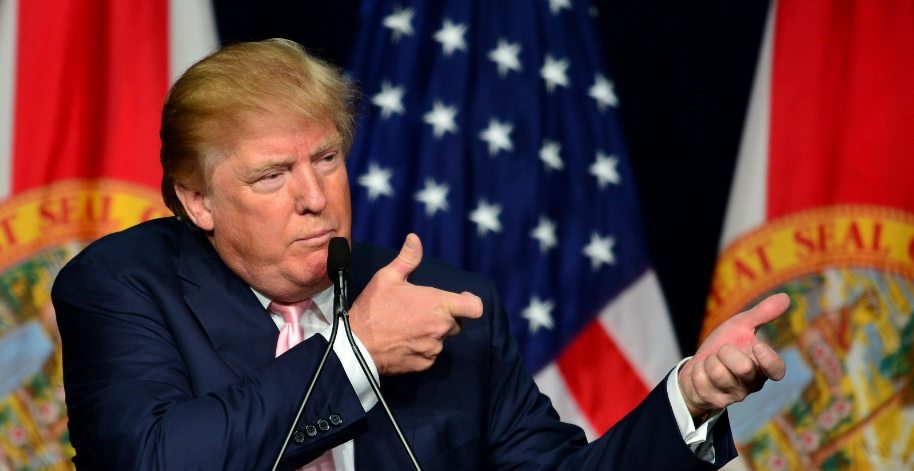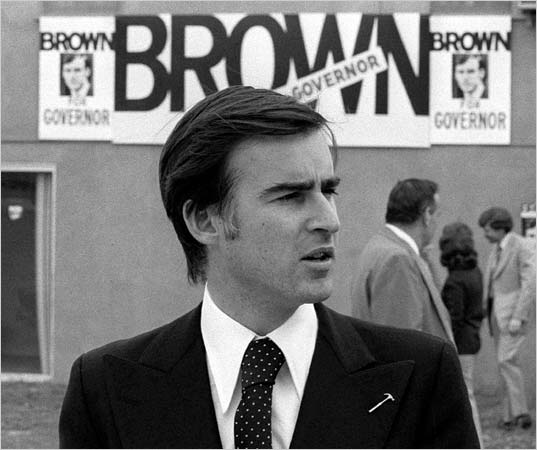James Fallows wrote these words for the Atlantic just prior to the American election: “What if China is going bad?” Now that we know the U.S. has headed boldly in that direction, the question becomes more pressing.
The journalist is moving forward the “Thucydides Trap” argument made by Harvard political scientist Graham Allison, who believes insurgent powers and entrenched ones are apt to engage in war despite how little sense such clashes make. Now that the world’s greatest superpower has installed a sociopath in the Oval Office and China’s Xi Jinping works through his own “small hands” complex by ratcheting up authoritarianism, who knows where the tensions will lead?
An excerpt:
The paradoxical combination of insecurity and aggressiveness is hardly confined to China. The United States has all too many examples in its own politics. But this paradox on a national-strategic scale for China matched what many people told me about Xi himself as a leader: The more uncertain he feels about China’s diplomatic and economic position in the world, and the more grumbling he hears about his ongoing crackdown, the more “decisively” he is likely to act. “Xi is a weak man who wants to look strong,” a foreign businessman who has worked in China for many years told me. “He is the son of a famous father [Xi Zhongxun, who fought alongside Mao as a guerrilla and became an important Communist leader] and wants to prove he is worthy of the name. As we’ve seen in other cultures, this can be a dangerous mix.” Ten years ago, when I visited a defense-oriented think tank in Beijing, I was startled to see a gigantic wall map showing U.S.-affiliated encampments and weapons on every Chinese frontier except the one bordering Russia. I came to understand that the graphic prominence of the U.S. military reflected a fairly widespread suspicion that the United States wishes China ill, is threatened by its rise, and does not want to see China succeed. Almost no one I spoke with recently, however, foresaw a realistic danger of a shooting war between China and the United States or any of its allies—including the frequently discussed scenario of an unintentional naval or aerial encounter in the South China Sea. Through the past few years, in fact, U.S. military officials, led by the Navy, have engaged their People’s Liberation Army counterparts in meetings, conferences, and exercises, precisely to lessen the risk of war by miscalculation. “Naval forces are actually pretty good at de-escalating and steering out of one another’s way,” a senior U.S. Navy officer told me.
The concern about a more internationally aggressive China involves not a reprise of the Soviet Union during the tensest Cold War years but rather a much bigger version of today’s Russia. That is: an impediment rather than an asset in many of the economic and strategic projects the United States would like to advance. An example of kleptocracy and personalized rule. A power that sometimes seems to define its interests by leaning toward whatever will be troublesome for the United States. An actual adversary, not just a difficult partner. China is challenging in many ways now, and increasingly repressive, but things could get worse. And all of this is separate from the effect on China’s own people, and on the limits it is placing on its academic, scientific, commercial, and cultural achievements by cutting itself off from the world.
What is to be done? The next president will face a quandary often called the “Thucydides Trap.” This concept was popularized by the Harvard political scientist Graham Allison. Its premise is that through the 2,500 years since the Peloponnesian warfare that Thucydides chronicled, rising powers (like Athens then, or China now) and incumbent powers (like Sparta, or the United States) have usually ended up in a fight to the death, mainly because each cannot help playing on the worst fears of the other. “When a rising power is threatening to displace a ruling power, standard crises that would otherwise be contained, like the assassination of an archduke in 1914, can initiate a cascade of reactions that, in turn, produce outcomes none of the parties would otherwise have chosen,” Allison wrote in an essay for TheAtlantic.com last year.
No sane American leader would choose confrontation with China.•





